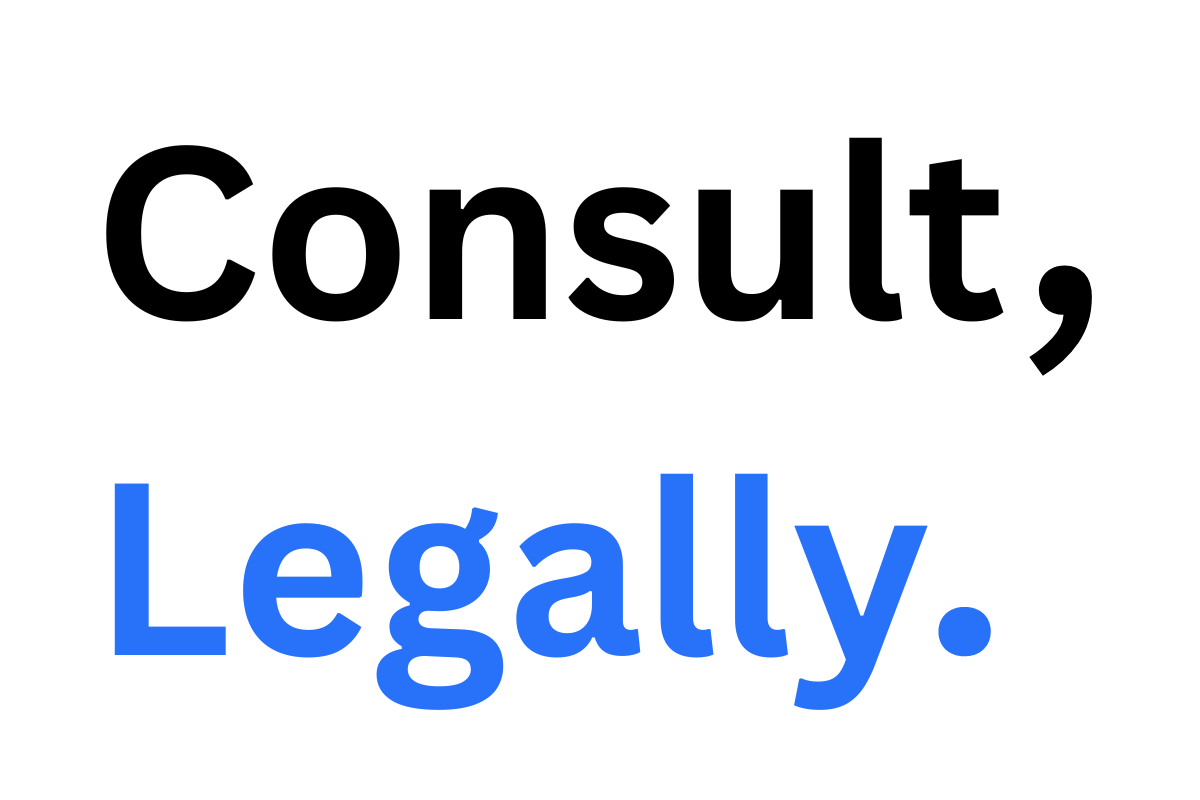Wrongful termination is a complex area of employment law that impacts employees across Colorado. While Colorado is an “at-will” employment state, meaning employers and employees can end the employment relationship at any time and for any reason, there are legal limits to this doctrine. If your termination was unlawful—for example, discriminatory, retaliatory, or a breach of contract—you may have grounds to sue for wrongful termination.
Understanding At-Will Employment in Colorado
In Colorado, the default employment relationship is governed by the at-will employment doctrine. Under this principle, an employer can terminate an employee for any reason, or for no reason at all, without advance notice. Similarly, employees are free to leave their jobs at any time without providing a reason or notice.
However, this rule is not absolute. There are significant exceptions under federal and state laws that protect employees from wrongful termination. Employers cannot dismiss an employee for illegal reasons, such as discrimination, retaliation, or for exercising protected rights.
Exceptions to At-Will Employment
Colorado law recognizes several exceptions to the at-will doctrine. If your termination falls within any of these exceptions, you may have a valid wrongful termination claim:
- Discrimination: Terminating an employee based on a protected characteristic is illegal under both federal and Colorado anti-discrimination laws.
- Retaliation: Employers cannot terminate employees for engaging in protected activities, such as reporting illegal practices or refusing to perform unlawful acts.
- Violation of Public Policy: Firing an employee for actions like voting, jury duty, or whistleblowing violates public policy.
- Breach of Contract: If there is an express or implied employment contract, the employer must adhere to its terms. A wrongful termination claim may arise if the dismissal violates the contract.
- Constructive Dismissal: If an employer creates a hostile work environment to coerce an employee into quitting, this may be considered wrongful termination.
Types of Wrongful Termination Claims in Colorado
Let’s take a closer look at these exceptions.
Discrimination-Based Wrongful Termination
Discrimination-based claims arise when an employer terminates an employee based on characteristics that are protected under federal and Colorado state laws. These include:
- Race or color
- National origin
- Sex or gender, including pregnancy and transgender status
- Sexual orientation
- Religion
- Age (40 years and older)
- Disability
Relevant Laws:
- Title VII of the Civil Rights Act of 1964
- Americans with Disabilities Act (ADA)
- Age Discrimination in Employment Act (ADEA)
- Colorado Anti-Discrimination Act (CADA)
Example: If an employee is fired after disclosing a pregnancy, despite having excellent performance reviews, this could constitute wrongful termination due to gender discrimination.
Retaliation-Based Wrongful Termination
Employers are prohibited from retaliating against employees for participating in protected activities. Retaliation-based claims arise when an employee is terminated for:
- Reporting illegal activity (whistleblowing)
- Filing a workers’ compensation claim
- Refusing to engage in illegal acts at the employer’s request
- Asserting rights under laws such as FMLA or OSHA
Example: An employee who reports unsafe workplace conditions to OSHA and is subsequently fired could sue for wrongful termination based on retaliation.
Wrongful Termination in Violation of Public Policy
Employees cannot be terminated for actions that align with public policy. For instance:
- Refusing to perform illegal acts (e.g., falsifying records)
- Serving jury duty or voting
- Reporting illegal practices or fraud (whistleblowing)
This exception protects employees from being forced into unethical or unlawful behavior to keep their jobs.
Breach of Contract Claims
Employment contracts can override the at-will doctrine. Contracts may explicitly state conditions for termination, such as requiring a specific cause or notice period.
Types of Contracts:
- Express Contracts: Written or verbal agreements that define employment terms.
- Implied Contracts: Employer policies, handbooks, or verbal assurances that imply job security.
Example: If an employee’s contract guarantees employment for a year but they are terminated after three months without cause, this may constitute a breach of contract.
Constructive Dismissal
Constructive dismissal occurs when an employer creates a work environment so intolerable that an employee has no choice but to resign.
Examples of Constructive Dismissal:
- Harassment or discrimination that goes unchecked
- Significant, unjustified pay cuts or demotions
- Hostile work conditions designed to pressure resignation
In these cases, the resignation may be treated as a wrongful termination.
Filing a Wrongful Termination Claim in Colorado
Filing a wrongful termination claim requires careful preparation and adherence to legal deadlines. Here’s what you need to know about the process:
Document Everything
To prove wrongful termination, you need strong evidence. Begin documenting events as soon as you suspect illegal treatment:
- Keep a timeline of events leading up to your termination.
- Save emails, termination notices, and performance evaluations.
- Maintain records of discriminatory comments or actions.
- Gather witness statements from coworkers.
- Request a copy of your personnel file.
File a Complaint with the EEOC or CCRD
If your claim involves discrimination or retaliation, you must first file a complaint with:
- Equal Employment Opportunity Commission (EEOC) (Federal)
- Colorado Civil Rights Division (CCRD) (State)
Deadlines:
- EEOC: 180 days from the date of termination.
- CCRD: Extended to 300 days under Colorado law.
Failing to meet these deadlines may forfeit your right to pursue a claim.
File a Lawsuit
If your claim cannot be resolved through the EEOC or CCRD, you may file a lawsuit in court. Other wrongful termination claims, such as breach of contract or retaliation, generally have a 2-year statute of limitations. Breach of contract claims have a 3-year statute of limitations.
Legal Remedies for Wrongful Termination
If you successfully prove wrongful termination, you may be entitled to various remedies, depending on the circumstances:
- Reinstatement: Returning to your former position or a comparable role.
- Back Pay and Lost Benefits: Compensation for wages and benefits lost from the date of termination to the resolution of your case.
- Compensatory Damages: Compensation for emotional distress, pain, and suffering caused by wrongful termination.
- Punitive Damages: In cases of egregious employer misconduct, courts may award damages to punish the employer.
- Attorney’s Fees and Costs: The prevailing party may recover legal fees and court costs.
Each case is unique, and the outcome will depend on the evidence, the nature of the claim, and the legal arguments presented.
Is It Worth Pursuing a Wrongful Termination Claim?
Before pursuing a wrongful termination claim, consider the following:
- Financial Loss: If you quickly found a new job, the financial impact may be minimal.
- Professional Risks: Future employers may view legal action as a “red flag.”
- Honesty with Your Attorney: Disclose any weaknesses in your case upfront to avoid surprises during litigation.
While filing a claim can provide justice and compensation, it’s important to weigh the benefits and risks. Consulting with an experienced employment attorney can help you make an informed decision.
The Role of an Employment Attorney
Wrongful termination cases are legally complex and often require the expertise of an employment attorney. Here’s how legal counsel can help:
- Case Evaluation: Assess the validity of your wrongful termination claim.
- Evidence Collection: Assist in gathering documents, witness statements, and other evidence.
- Navigating the Legal Process: File complaints with agencies like the EEOC or CCRD.
- Negotiation: Pursue settlements to resolve disputes outside of court.
- Litigation: Represent you in court to seek remedies such as reinstatement or compensation.
An attorney’s expertise ensures that your rights are protected and that you have the best chance of success.
Conclusion
While Colorado’s at-will employment doctrine gives employers broad discretion to terminate employees, there are critical exceptions that protect workers from illegal dismissals. If you believe you were wrongfully terminated due to discrimination, retaliation, or a breach of contract, you have the right to take legal action.
Filing a wrongful termination claim requires careful documentation, adherence to strict deadlines, and a strong legal strategy. Consulting with an experienced employment attorney is essential to navigate the complexities of employment law and achieve the best possible outcome.
If you suspect your termination was unlawful, don’t wait. Act promptly to protect your rights and explore your legal options.

